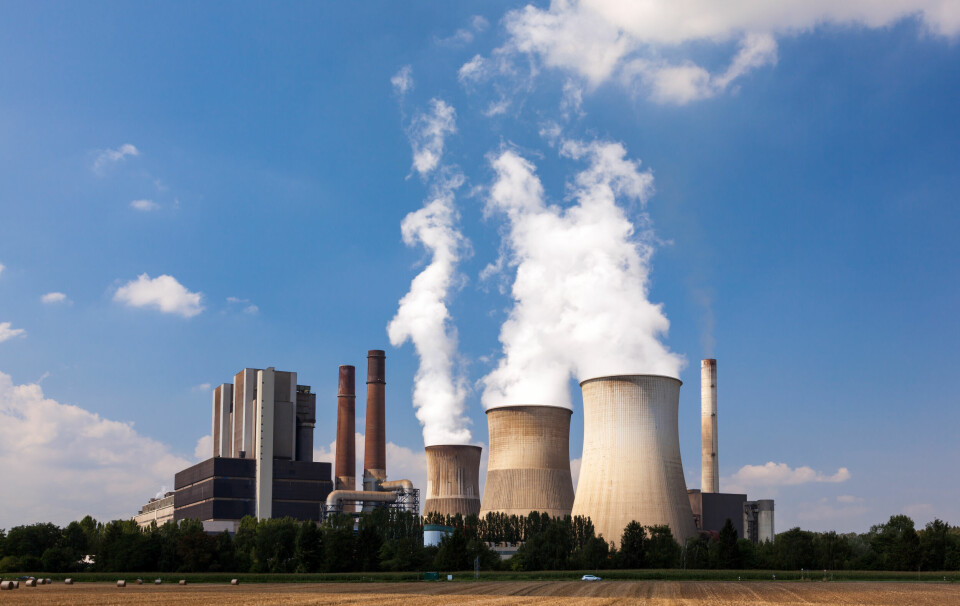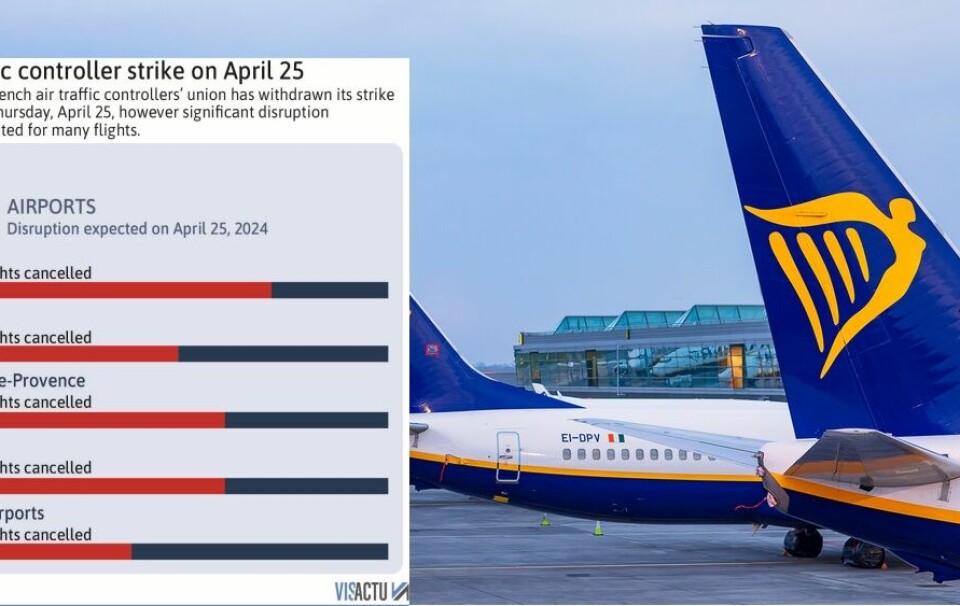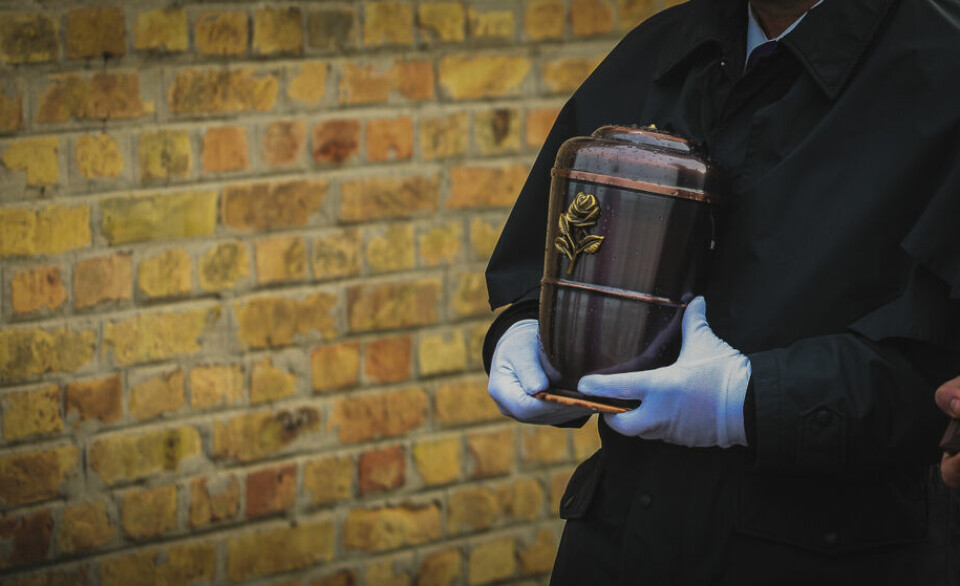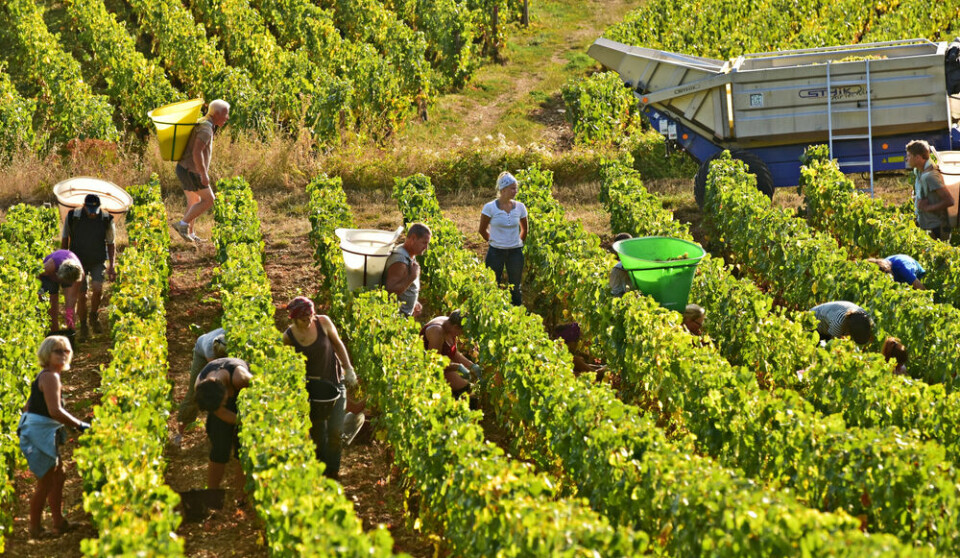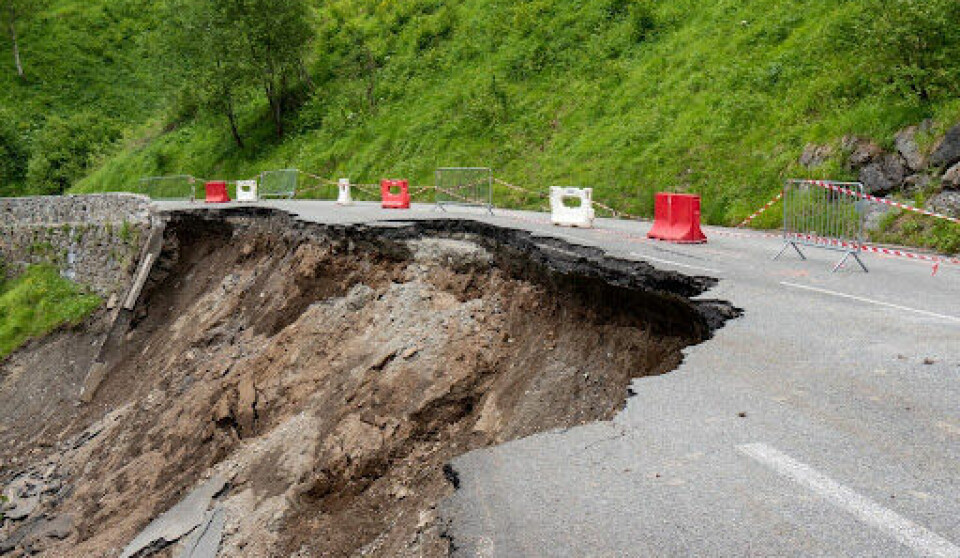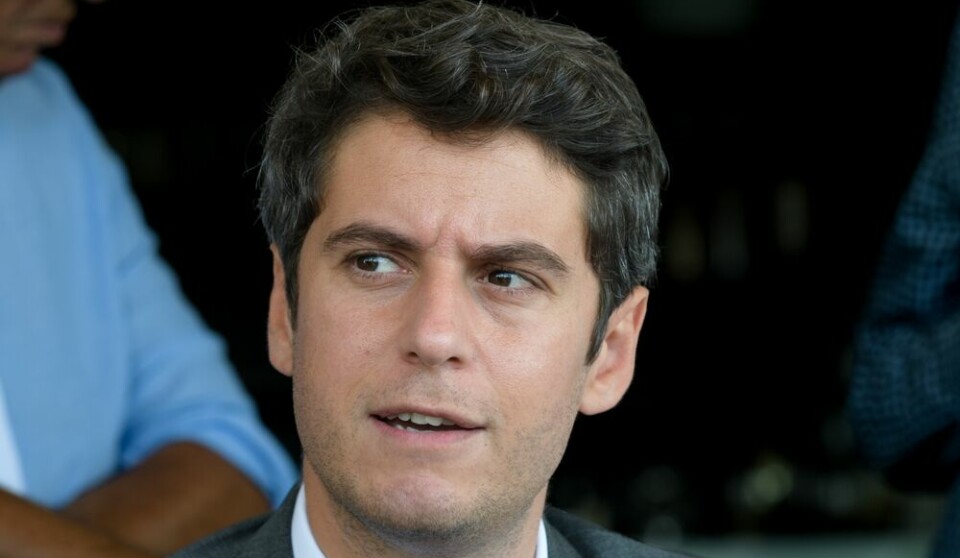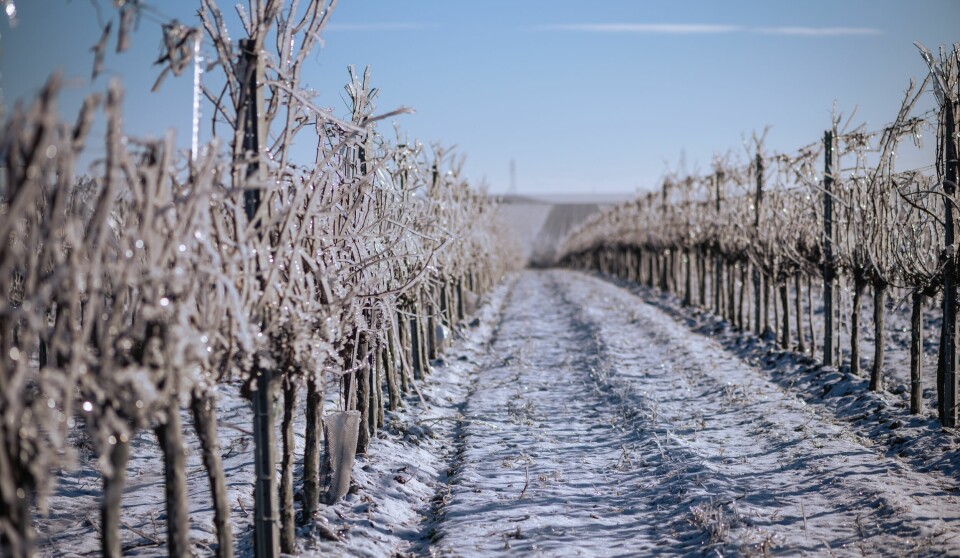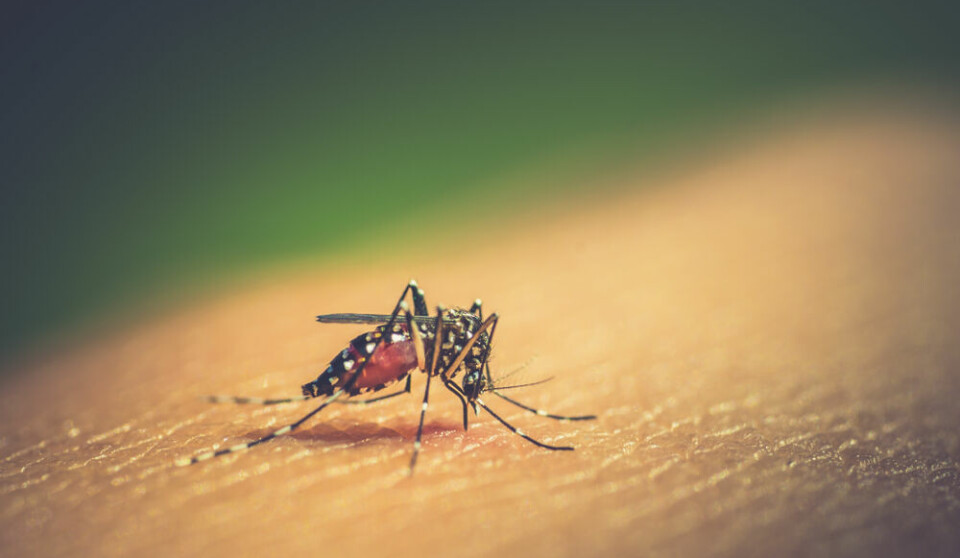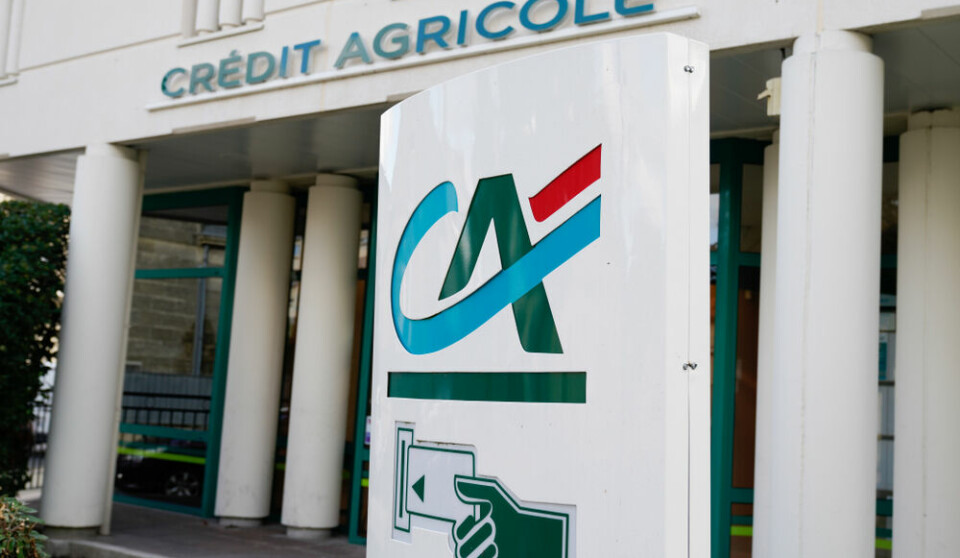-
French teenager suspected of plotting terrorist act at Paris Olympics
The 16-year-old had ‘pledged allegiance’ to Islamic State and has admitted his plans
-
Blades of Paris Moulin Rouge cabaret club mysteriously fall off
It was not a windy night and the blades are checked regularly, say managers
-
How does your area of France fare for delay to see a doctor?
Some departments are in particular trouble when it comes to waiting times for specialists
Water crisis declared in south of France as spring rain comes too late
Growing vegetation took recent rainfall leaving groundwater tables unreplenished
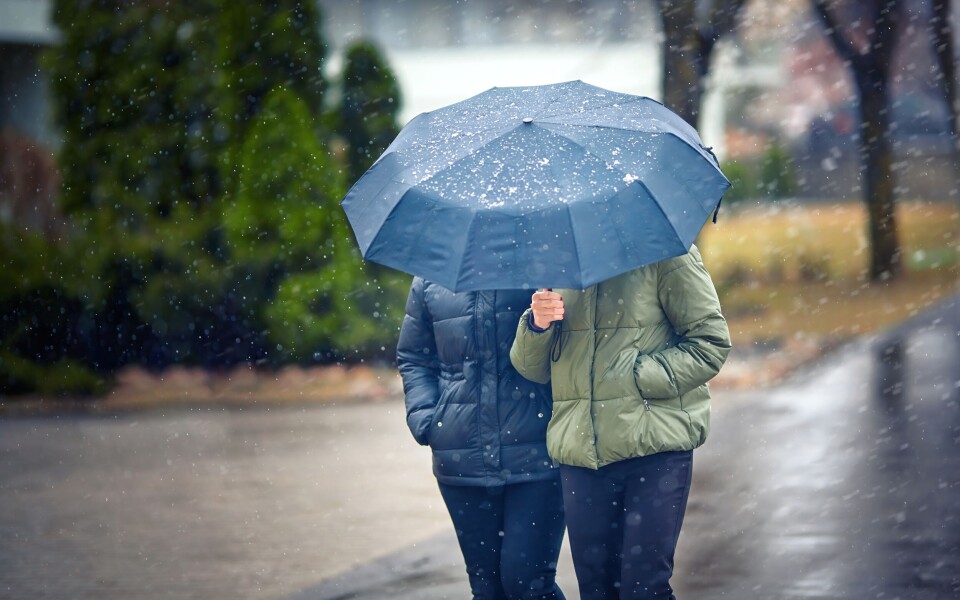
Significant rainfall in May will not be enough to prevent droughts this summer, experts warn.
France experienced a record 32 days without rain in January and February before returning to more usual levels but the rain came too late to replenish groundwater tables and was mainly taken by growing spring vegetation.
Tables were already at low levels after a very dry summer in 2022.
No more than 20% of rain water reaches water tables
Fabienne Trolard, research director at the National Research Institute for Agriculture, Food and Environment, said: “Winter rain is the most effective for recharge as vegetation is dormant and takes little water.”
Instead, it rained in April and May, when vegetation grows and monopolises the water that arrives on the ground.
“No more than 20% filters through to the water tables.”
In some places, the ground was already so dry that rain ran off it, causing flooding.
Drinking water below normal levels
On April 1, 75% of groundwater tables, which supply most of France’s drinking water, were below normal levels, reports the BRGM geological research office.
The recent rain is, however, beneficial for agriculture.
Rainfall down 60% to 65% in south
The lack of rainfall has been particularly serious near the Mediterranean.
By May 10, the prefecture in Pyrénées-Orientales had declared a ‘crisis’, the highest alert level for drought, across much of the department.
It warned of “a historic drought, the intensity and length of which have no equivalent since such records began in 1959.”
Rainfall was down 60% to 65% over the previous 12 months.
Read more: Key questions answered on France’s new drought risk map
Firefighters stockpiling donated water from swimming pools
Residents are banned from watering lawns during much of the day, filling private swimming pools and washing cars.
Sports pitches and golf courses cannot be watered unless the water is entirely reused.
Farmers can still water crops but at a reduced rate.
Firefighters, meanwhile, have been stocking water from swimming pools donated by campsites. Above ground pools cannot be bought.
Check water restrictions near you and visit the websites for your prefecture and mairie.
The restrictions will remain in place until at least June 13 to secure a supply of water for ‘priority uses’, such as drinking and fighting fires.
Read more: How bad is the drought in France? See restrictions in your department
Eastern France and Brittany near normal water levels
Parts of the Bouches-du-Rhône, Gard and Loiret departments were also at crisis level in mid-May.
“We are going into the summer at an overall deficit so we will have to be careful. But that does not mean there will be harsh restrictions. It all depends on the rain we get,” said Dr Trolard.
“The drought last year was due to an anticyclone that was blocked for several weeks by a jet-stream that split in two. There is nothing to say this year will be the same.”
While farmers in the south already fear losses, in eastern France and Brittany, rain has brought surface water levels back to more regular levels.
“Farmers could do their first hay cut a month in advance. They will be able to water hay and wheat correctly, which is a guarantee for the upcoming harvests,” Dr Trolard said of Brittany.
“In Provence-Alpes-Côte d’Azur, the drought has continued, meaning we are dependent on reservoirs in the Alps, but these waters have not returned to their normal levels.”
Expect 10% to 15% less rain in the coming years
Whatever this summer brings, there is an increasing acceptance that the status quo is not sustainable.
“Overall, we are going to have 10% to 15% less rain in the coming years,” Dr Trolard said. “We must completely rethink the way we manage water.”
In April, the government published a 53-point plan to preserve water in the future, including funding for agricultural practices that save water.
It aims for a 10% reduction in water use by 2030, and to increase the treatment and reuse of wastewater from 1% to 10%.
Everybody will be called upon to play a part, as President Macron wants to introduce a ‘progressive’ water pricing system where the more water you use, the higher the price per cubic metre.
Related articles
Firefighters forced to get water from sea in drought-hit south France
France drought: sales of above ground pools banned in parts of south
Practical tips for buying rainwater collector as sales surge in France





